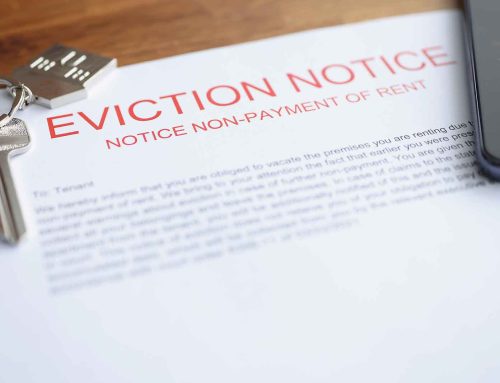Perhaps you are a Landlord or Tenant and you’ve found yourself in a situation where you previously made an oral Lease agreement, but you don’t have a written lease, and now there is a conflict between you and the other party. You may be wondering what your options are, or if you have a valid Lease at all.
From the outset, it is generally recommended that Landlords and Tenants have written Leases. A written Lease offers clarity and memorialization of terms, and more times than not helps avoid misunderstandings, conflicts, and even lawsuits down the road.
That being said, oral residential (and commercial) Leases are enforceable contracts under Florida law, unless the Lease term exceeds 1 year. Many states have a Statute of Frauds, delineating which types of agreements must be in writing. Florida’s Statute of Frauds (725.01) requires Leases for longer than one year to be in writing.
Since an oral Lease at its core is a contract, it is also beneficial for a Landlord or Tenant to know the basic requirements of a valid contract in Florida. A valid contract in Florida requires an offer, the acceptance of that offer, some form of “consideration” between the parties, and a mutual understanding or a “meeting of the minds” between the parties. Consideration in this context does not mean kindness but rather means “something of value in exchange for something of value”. Under a Lease, for instance, the payment of money by the Tenant is his or her consideration, and the use of the Landlord’s property is his or her or its consideration. A “meeting of the minds” can generally be defined as a similar understanding by both parties about the terms and obligations they are agreeing to be bound by under a contract. The Florida Bar website has an explanation of the basic requirements of a contract, and related issues.
In the event that you are a party to an oral Lease agreement, and a conflict arises, one thing you may want to do, either in preparation for legal action or simply for housekeeping purposes, is to gather all information you can regarding the terms of the oral agreement. This information could include communications with the other party regarding the Lease terms and payment receipts demonstrating a pattern of behavior under the Lease. For instance, if you understand the monthly rental payments under a Lease to be $2,000.00 and due on the first of every month, and you have written documentation showing 10 checks or other money transfers of $2,000.00 dated January 1st, February 1st, etc, that written documentation can go a long way in verifying your understanding.
If you are a Landlord or Tenant who has found yourself in a potential conflict involving an unwritten Lease, please contact Siegel & Siegel at 561-620-8200. Our firm has successfully handled a variety of Landlord-Tenant issues. We look forward to helping you.
Related: How a Tenant can defend against an eviction
DISCLAIMER: The information contained on this website, including this article, presents general information and is not and should not be used as legal advice. Before acting on any of the materials presented on this website, we advise you to seek legal counsel regarding your unique situation. Using this website does not create an attorney-client relationship between the user and Siegel and Siegel, P.A., or any of its lawyers.
What are my options if my Landlord keeps my Security Deposit?
You gave your Landlord a security deposit before you moved in. You're ready to (or already did) move out. Now, your Landlord has informed you that he or [...]
Non-written (Oral) Leases in Florida
Perhaps you are a Landlord or Tenant and you’ve found yourself in a situation where you previously made an oral Lease agreement, but you don’t have a written [...]
What the New Florida Landlord Tenant Law Could Mean for You
What the New Florida Landlord Tenant Law- HB 1417- Could Mean for You Introduction: In July of 2023, the State passed HB 1417, a law relating [...]
When a Property Manager in Florida can handle an eviction without an attorney
Can a tenant be evicted without the involvement of an attorney? In Florida, the answer is yes. A property manager assigned by the property owner can perform an [...]
How a Tenant can defend against an eviction
As discussed in a previous blog, a landlord in Florida must follow specific procedures if they wish to evict a Tenant. Fairly often, however, Landlords do not follow [...]
Florida’s Landlord/Tenant Law
You will find a summary of Florida's Landlord/Tenant Law on this page. It is not intended for the purpose of providing legal advice. For additional information, refer to [...]















